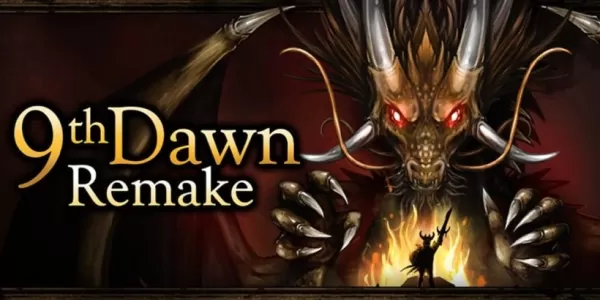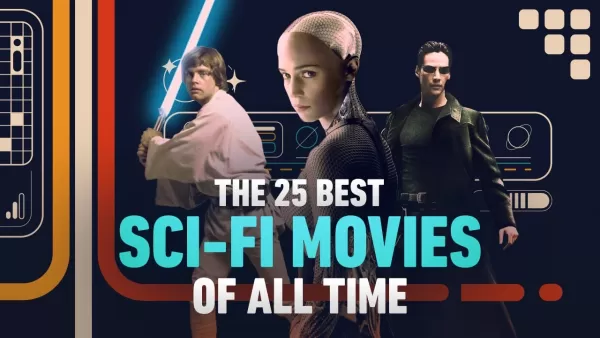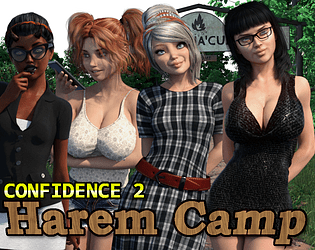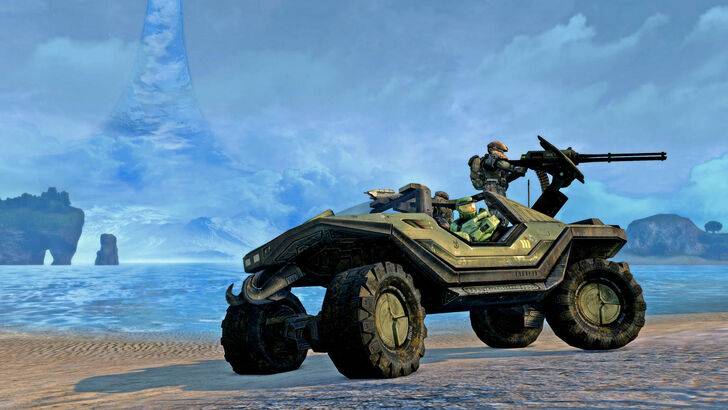
The 2011 remake of Halo: Combat Evolved Anniversary was a pivotal project for the then-independent studio Saber Interactive. They offered to undertake this remaster for free, a decision that not only changed their trajectory but also showcased the power of strategic business moves in the gaming industry. Here’s how the story unfolded and how a once indie team landed a spot working on a renowned franchise.
Saber Interactive Offered To Do Halo For Free
A Huge Opportunity For An Independent Studio
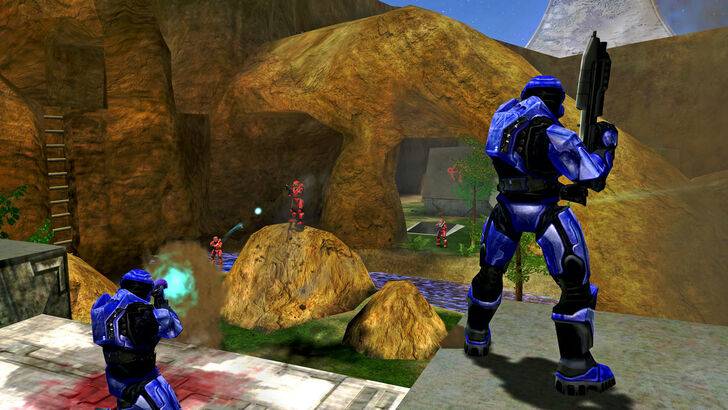
In a revealing interview with journalist Stephen Totilo for Game File, Saber Interactive's CEO and co-founder, Matthew Karch, disclosed the bold pitch his studio made to Microsoft. When pitching to remaster the iconic first Halo game, Karch stated that Saber would do it for free, emphasizing, "Because it’s Halo." The Xbox executive present was reportedly "shocked" by this proposal, yet Karch saw it as a strategic move for his fledgling studio.
At that time, Saber was a young, independent startup, and working on a major franchise like Halo represented an unparalleled opportunity for market exposure. Karch likened it to earning a "Harvard diploma," believing that association with Halo would open doors and attract future collaborations. "It’s the biggest franchise in the world at the time. I said: ‘It’s like putting a Harvard diploma on your wall. Everyone in the world is going to want to work with me after they see that I’ve worked on this last Halo game, and it is going to open up doors. So I’ll suck it up and I’ll do it at a loss.'"
Saber's bold move paid off, and they secured the project. Halo: Combat Evolved Anniversary was released on the Xbox 360 in 2011. Despite proposing a low bid of $4 million at Microsoft's request, contractual clauses meant Saber received no royalties from the game.
From Relying On Publishers To Becoming One Themselves
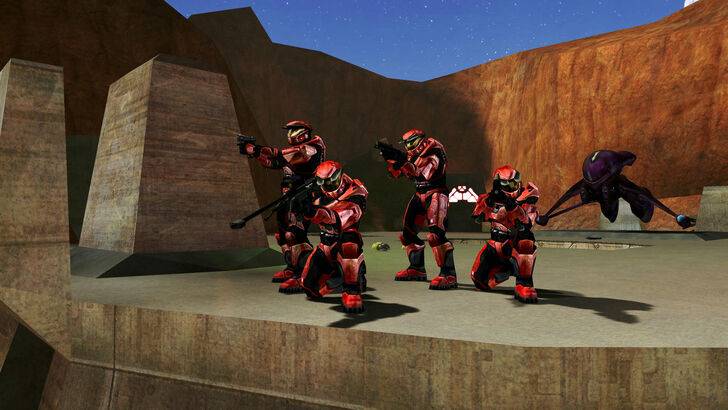
Although the 2011 remake was done at a financial loss, it paved the way for future opportunities. Saber was later contracted by Microsoft to contribute to Halo: The Master Chief Collection, working alongside other developers like Bungie and 343 Industries. They were also tasked with porting Halo: Combat Evolved Anniversary to the Xbox One. However, Microsoft initially neglected to send a contract for the port until just before the collection's release.
Karch refused to sign until Microsoft revised the contract, removing clauses that had previously nullified royalties. Microsoft complied, and Saber was generously compensated for their work on The Master Chief Collection, receiving tens of millions of dollars. This substantial payout was crucial for Saber’s growth. "We’ve watched other people make money on our work. Now we’re going to make money on our own," Karch remarked to partner and Saber COO Andrey Iones at the time.
Saber Interactive Now
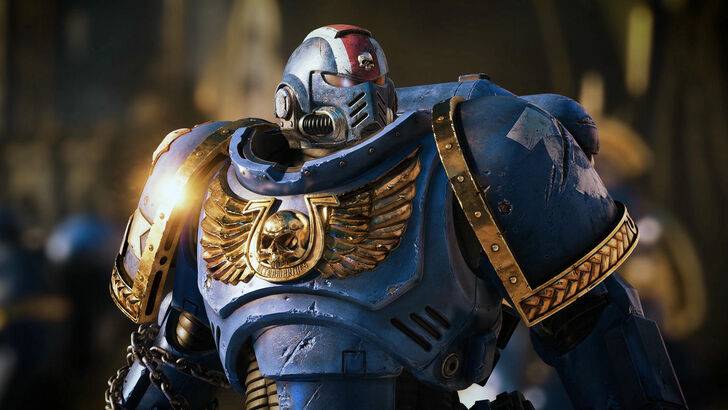
Following their successful collaboration with Microsoft on Halo, Saber Interactive expanded significantly. They opened new studios in Spain, Sweden, and Belarus, and acquired other studios such as Binary Motion and New World Interactive. Their portfolio grew to include projects like the Nintendo Switch port of The Witcher 3: Wild Hunt with CD Projekt Red and the development of World War Z.
In February 2020, Saber Interactive was acquired by the Embracer Group, becoming a direct subsidiary while retaining autonomy. Under Embracer, Saber continued to grow, acquiring more subsidiaries and developing titles like Evil Dead: The Game. However, financial challenges led Embracer to sell Saber Interactive to Beacon Interactive, a company owned by Saber’s CEO Karch, in a deal that allowed Saber to retain all its studios and IPs.
Despite the separation from Embracer, Saber's Chief Creative Officer Tim Willits reassured fans via X (formerly Twitter) that the studio's work would continue uninterrupted. Currently, Saber Interactive is actively developing several titles, including Warhammer 40,000: Space Marine 2 (released in September 2024), John Carpenter’s Toxic Commando, and Jurassic Park: Survival.


